The Referral Intake Challenge in Women’s Health
Referrals are the lifeblood of most women’s health practices. Whether it’s a primary care provider referring a patient for prenatal care or another specialist coordinating a fertility or gynecology consultation, smooth referral management is key to maintaining patient flow and satisfaction.
But most clinics still rely on manual referral intake—sorting faxes, entering data, calling patients, and verifying insurance before scheduling. This process is slow, error-prone, and leaves too much room for leakage, where referred patients never make it onto the schedule.
That’s why more OB/GYN and women’s health groups are turning to AI referral intake platforms that intelligently capture, structure, and process referrals in real time.
How AI Automates the Referral Intake Process
AI-powered systems go far beyond digitizing documents—they understand them. Using advanced document recognition and workflow automation, these platforms can manage every step of the referral pipeline automatically.
Here’s how it works:
- Capture: The AI receives referral documents from multiple sources—fax, email, or uploads—and converts them into digital text.
- Extract: It pulls key data like patient name, contact info, referring provider, reason for visit, and insurance details.
- Classify: The system categorizes the referral by specialty, urgency, and location.
- Route: It automatically assigns the referral to the appropriate scheduling queue or provider.
- Track: Every referral is logged, monitored, and followed through until the appointment is booked.
What once took hours can now happen in minutes—with zero manual data entry.
Why Referral Automation Is Essential for OB/GYN Practices
Women’s health clinics often manage multiple referral sources—primary care, hospitals, imaging centers, and fertility specialists. Without automation, keeping track of all incoming referrals becomes overwhelming.
AI automation helps by:
- Eliminating lost or unprocessed referrals
- Reducing time to schedule new patients
- Improving referral conversion rates
- Freeing staff from repetitive data entry
- Enhancing communication between referring and receiving providers
By streamlining intake, clinics can see more patients, sooner—while maintaining a seamless experience for both patients and partners.
What to Look for in a Referral Intake AI Platform
When choosing the right solution for your OB/GYN or women’s health clinic, look for features that prioritize accuracy, integration, and compliance:
- Multichannel Capture: Ability to process faxes, emails, and EHR-generated referrals automatically.
- Healthcare-Specific AI: Recognition of clinical and administrative terms unique to women’s health.
- EHR Integration: Direct syncing with your scheduling and charting systems.
- Referral Tracking Dashboard: Full visibility into referral sources, statuses, and outcomes.
- HIPAA and SOC 2 Compliance: Ensures all patient data is protected and auditable.
A truly effective AI platform should connect every part of the referral journey—from receipt to appointment.
Why Honey Health Leads in Referral Intake Automation
Honey Health was designed to simplify complex back-office workflows, and referral intake is one of its most powerful capabilities.
With Honey Health, women’s health practices can:
- Automatically capture and process referrals from any source
- Extract and structure data in seconds
- Route referrals to the correct provider or service line instantly
- Track every patient until they’re scheduled
- Eliminate leakage through smart notifications and dashboards
This end-to-end automation ensures no referral falls through the cracks—and that every new patient gets the timely care they deserve.
Smarter Intake, Stronger Growth
Referrals are more than paperwork—they’re opportunities to grow your practice and strengthen community care networks.
By automating intake with AI, women’s health clinics can operate with greater precision, efficiency, and responsiveness.
Honey Health turns referral management from a bottleneck into a competitive advantage—helping modern OB/GYN and fertility practices build smarter systems for sustainable growth.

